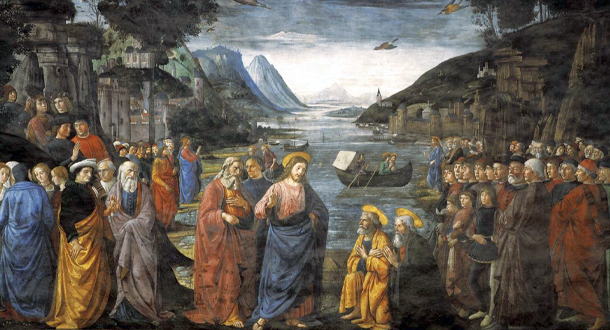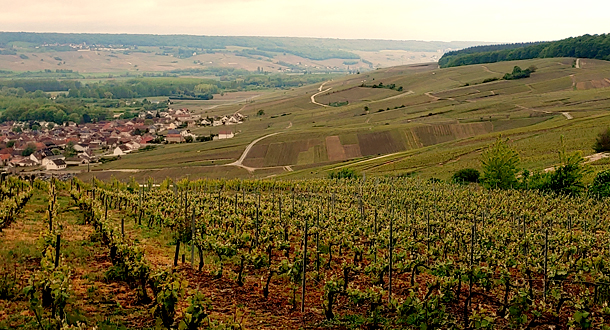
Scripture:
Genesis 46:1-7, 28-30
Matthew 10:16-23
Reflection:
“Hineni,” “Here I am,” Jacob responded to God who called him.
The Hebrew word “hineni” is packed with mystical, life-changing meaning. It means complete readiness and availability to respond to a call, however unclear or uncertain the situation.
Hineni conveys being fully present, spiritually engaged, ready to embark on a significant mission.
Abraham responded “Hineni” when God called him before he was told to take Isaac up to a mount and bind him, demonstrating absolute obedience and readiness.
Moses responded “Hineni” at the burning bush, signifying his willingness to embrace a challenging leadership role despite his lack of confidence and doubts.
Isaiah responded “Hineni,” ‘Here I am, send me!’ In response to God’s call, embodying the spirit of readiness and commitment.
Jacob, too, in today’s first reading, answered “Hineni,” “Here I am,” when God called him by night, that dark moment of uncertainty, that moment when complete trust in God is demanded.
“Do not be afraid to go down to Egypt, for there I will make you a great nation,” God promised Jacob
And at the beginning of chapter 10 in Matthew’s gospel, Jesus calls and names his 12 apostles. They implicitly replied “Hineni,” not knowing the full extent of the cost they would pay for their response.
Although “Hineni” may not be explicitly declared, it is unmistakably implied by the 12 who accepted their chosen mission as followers of Jesus.
Jesus sent them out with the commandment:” Don’t go among the Gentiles, and don’t enter into any city of the Samaritans. Rather, go to the lost sheep of the house of Israel” (Mt 10:9).
These chosen men were not yet ready to take on the world. They were to limit their mission to Galilee, perhaps because this region was the most open to the Good News of Jesus.
In today’s gospel, Jesus tells his apostles he is “sending them out like sheep in the midst of wolves.”
Even as he sends them out, Jesus tells his apostles to brace themselves for the same persecution and pain he himself suffered.
Just as Jesus was preparing his apostles for their certain persecution, so too was Matthew bracing his community to prepare for hardship, rejection, and persecution.
“…when they deliver you up,” Jesus continues, “don’t be anxious how or what you will say, for it will be given you in that hour what you will say.”
The apostles were not to formulate their defense in advance, because the Spirit will speak through them.Matthew’s community was to do likewise.
And so are we, the Church, to stand ready within a consumer-driven, subjective, and scientistic world that rejects, mocks, or worse, is indifferent to the Good News of Jesus Christ.
Will we accept the challenge? “Hineni” is the response of sacred and undiluted presence, a response in which the self-sheds all reservations. It is pure unguarded affirmation, even before all the facts are known.
“Hineni” means we are to trust that the Holy Spirit will scaffold us with the fortitude necessary to persevere, in spite of our Mosaic doubts, or Abrahamic uncertainties, so that we can declare as affirmatively as Isaiah did: “Here I am. Send me.”
Deacon Manuel Valencia retired from active retreat ministry at Mater Dolorosa Passionist Retreat Center in Sierra Madre, California, after 23 years. He continues to provide spiritual counseling there and delivers a monthly homily at the retreat chapel.







